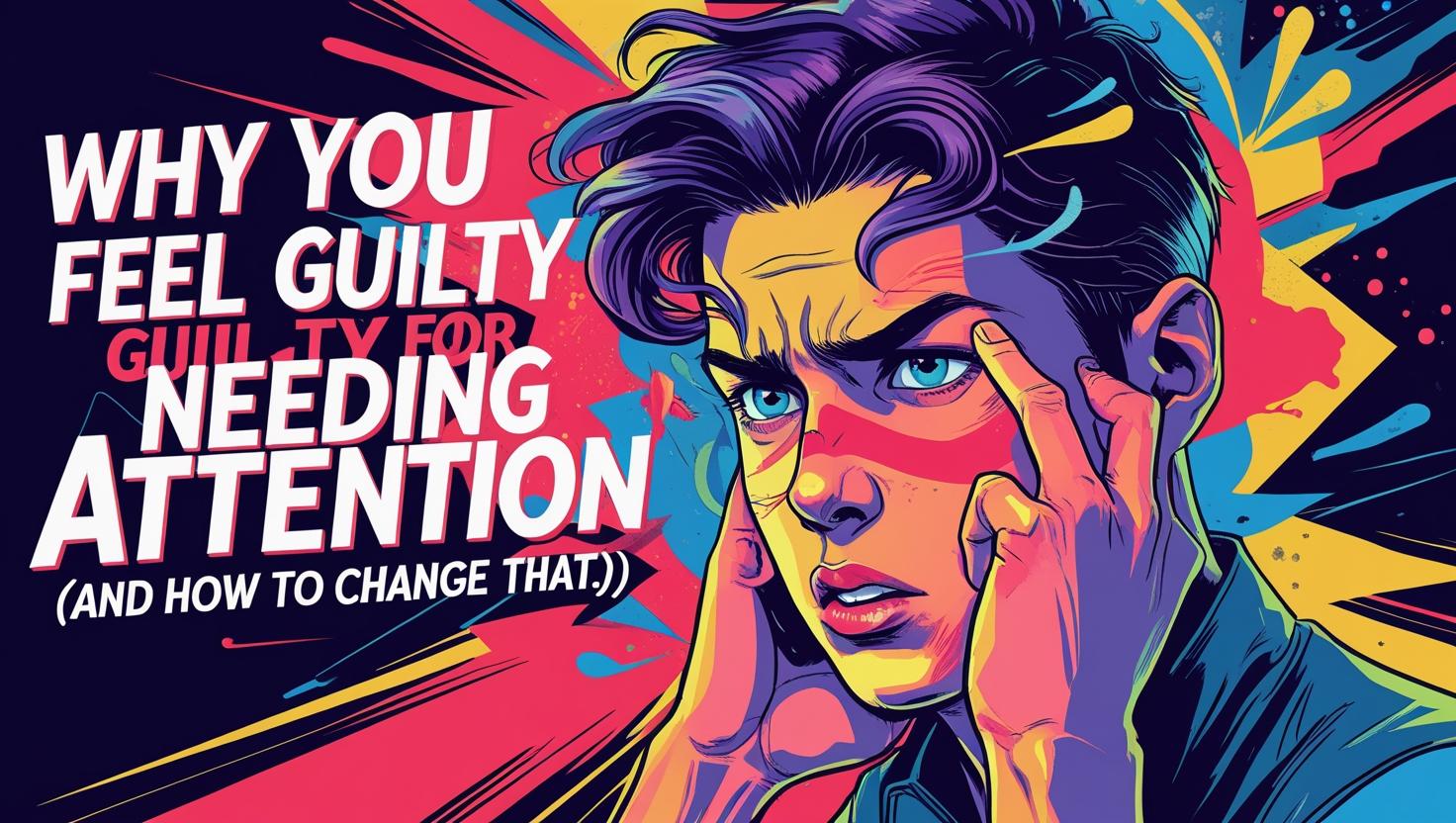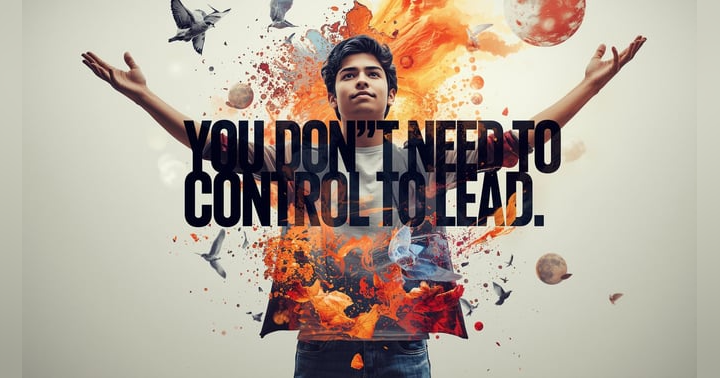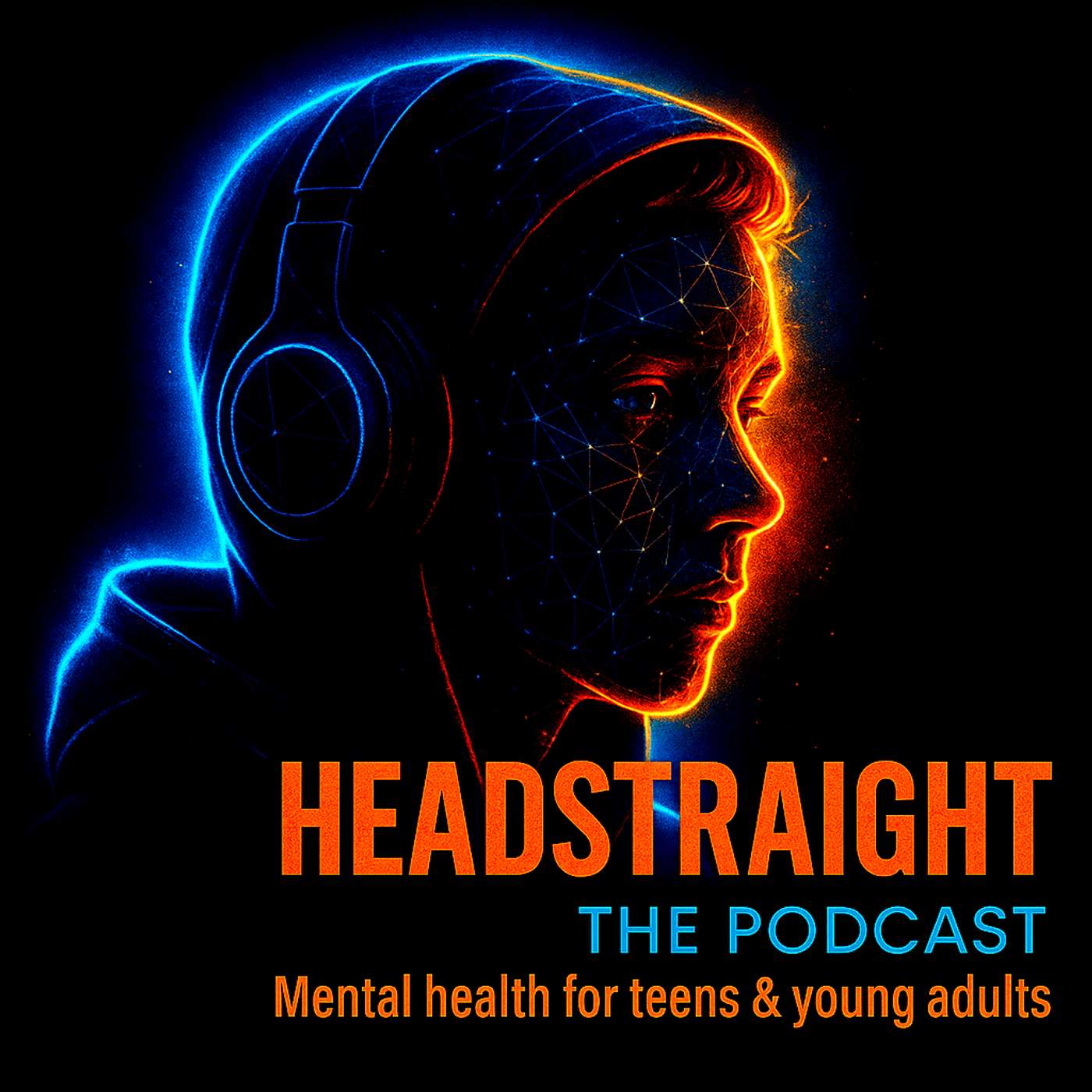Why You Feel Guilty for Needing Attention (And How to Change That)

There’s a kind of guilt that doesn’t get talked about much. It shows up in quiet moments — when you catch yourself hoping someone will check in, ask how you’re doing, or just notice that something’s off.
And then, just as quickly, something inside says: “Don’t be needy.”
So you push it down. Stay quiet. Tell yourself to get on with it.
But that need — the one you’ve learned to hide — doesn’t go away.
This episode of Headstraight is about that need for attention. Where the guilt around it comes from, how it plays out in your behaviour, and how to ask for connection in a way that’s honest and healthy — without shame.
🎧 Listen to the full episode here:
Click here to open the episode on your preferred platform
Let’s be clear: wanting attention isn’t wrong
There’s nothing wrong with needing to feel seen. It’s not immature. It’s not attention-seeking in the way people often mean when using that phrase. It’s a fundamental part of being human.
We are social beings.
We’re wired for connection — to belong, to be noticed, to be responded to. That hasn’t changed since the days when being ignored by your group could literally mean danger. It’s baked in.
But many of us grew up being told the opposite:
“You’re just being dramatic.”
“You’re doing that for attention.”
“Stop making it about you.”
When you hear things like that enough times, you start to believe that asking to be seen is selfish. That expressing a need is something to feel ashamed of.
And eventually, even wanting attention feels like something you have to hide.
That guilt you carry? It’s not yours
What you’re feeling isn’t a flaw. It’s conditioning. Somewhere along the way, you absorbed the message that it’s better to be low-maintenance, to not need much, to deal with things on your own.
So now, when the normal need for connection surfaces, your inner voice shuts it down.
And instead of reaching out, you second-guess yourself. You convince yourself that you should be fine.
But ignoring a need doesn’t make it go away — it just makes it come out sideways.
Hidden needs will find a way out
This is something most people do at some point. You don’t ask for what you need directly, because it feels too exposing — so it spills out in less helpful ways:
You pick fights
You’re not really angry — you’re just desperate for a reaction. Anger forces people to respond. It guarantees attention, even if it’s negative.
You overshare
You meet someone new and unload your whole life story. It’s not just about honesty — it’s a rush for validation, a fast-track to being understood.
You play the clown
Humour becomes a mask. Sarcasm becomes armour. You’re entertaining, but you’re not letting anyone in.
You go silent
You shut down, hoping someone will notice. Sometimes they do. Often they don’t. And that only deepens the sense that you’re invisible.
None of these are character flaws. They’re coping strategies. But they don’t actually give you what you need — and over time, they leave you feeling even more disconnected.
So what’s the alternative?
It starts with being more honest. First with yourself. Then with the people around you.
1. Own the need
You’re allowed to want attention.
You’re allowed to want someone to check in with you.
You’re allowed to say, “I’m struggling, and I’d like someone to notice.”
That’s not weakness. That’s clarity.
Instead of suppressing the need, name it. Acknowledge it.
Treat it like you would hunger or tiredness — something you notice and respond to, not something you judge yourself for.
2. Be direct
Instead of hinting, withdrawing, or acting out — say what you need.
Yes, it’s vulnerable. But it’s also far more effective.
Try:
“I’ve been feeling off — can we catch up?”
“I’m carrying a lot right now. Would you mind checking in with me this week?”
“I just need to feel a bit closer to someone. Can we talk?”
You don’t have to give a full explanation. Just enough to open the door.
3. Build a network — don’t rely on one person
If you lean too heavily on one person to meet all your emotional needs, things can get unbalanced fast — for you and them.
Instead, think about widening the circle:
Friends
Family
Mentors
Peer groups
Helplines or anonymous spaces if needed
That way, if one person’s unavailable, you’re not left stranded.
And you’re not pressuring one relationship to hold everything.
When someone doesn’t respond how you hoped
Let’s talk about this, because it does happen.
You finally open up — and the other person brushes it off. Or freezes. Or changes the subject.
And it hurts. Especially when it’s taken effort to speak up in the first place.
Here’s how to manage that moment:
Don’t turn the disappointment inwards. Their response isn’t a statement about your worth.
Notice what it tells you. Maybe this person isn’t the right person for certain conversations — and that’s okay.
Try someone else. One person not being able to meet your need doesn’t mean no one will.
Learn to self-soothe in the meantime. Write something down. Go for a walk. Get some fresh air. Let the feeling move through without holding on to it.
Not everyone will know how to respond — but some will. Keep looking for those people.
Creating relationships where attention flows both ways
If you want connection that feels stable, here’s what helps:
Consistency. Stay in touch even when things are calm. It builds trust.
Give and take. Support others in the way you’d like to be supported.
Boundaries. If someone consistently makes you feel dismissed or too much, it’s okay to step back.
Healthy attention isn’t earned through effort or performance. It’s built through honest interaction and mutual care. The kind where you both feel like you can show up as yourselves — no scripts, no shame.
Let’s be honest: the guilt won’t disappear overnight
You’ve probably been carrying this guilt for years. It’s not going to vanish because of one blog post, or one new habit.
But it can change.
Each time you name the need instead of hiding it…
Each time you ask for support directly…
Each time you respond to someone else with care…
You’re unlearning the belief that your needs make you a burden.
They don’t.
A quick summary:
Wanting attention doesn’t make you weak — it makes you human.
The guilt around it was learned. Which means it can be unlearned.
You don’t need to act out or shrink down to be noticed — you can ask.
Connection works best when it’s mutual, honest, and spread across a network.
Not everyone will meet you where you are — but some will.
Final thought
You’re allowed to ask for what you need.
You’re allowed to take up space in your relationships.
And the people who value you won’t make you feel bad for doing either.
Keep going. Keep being honest.
Every step you take to let go of that guilt — and move towards real connection — is worth it.
Coming up next…
In the next episode, we’re going to look at something that a lot of people struggle with — even if they don’t admit it: hurting the people you care about.
Why it happens. What’s underneath it. And how to stop the cycle before it does damage you can’t take back.
If you’ve ever looked back and wondered, “Why did I say that? Why did I act like that?” — next week’s episode is for you.
See you then.



